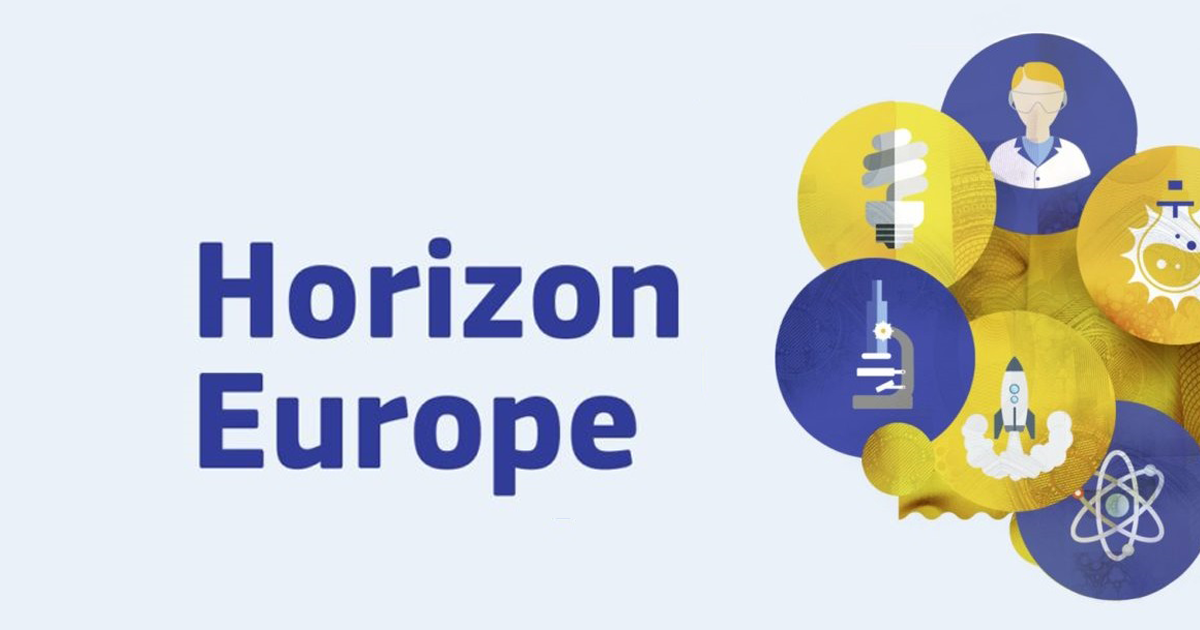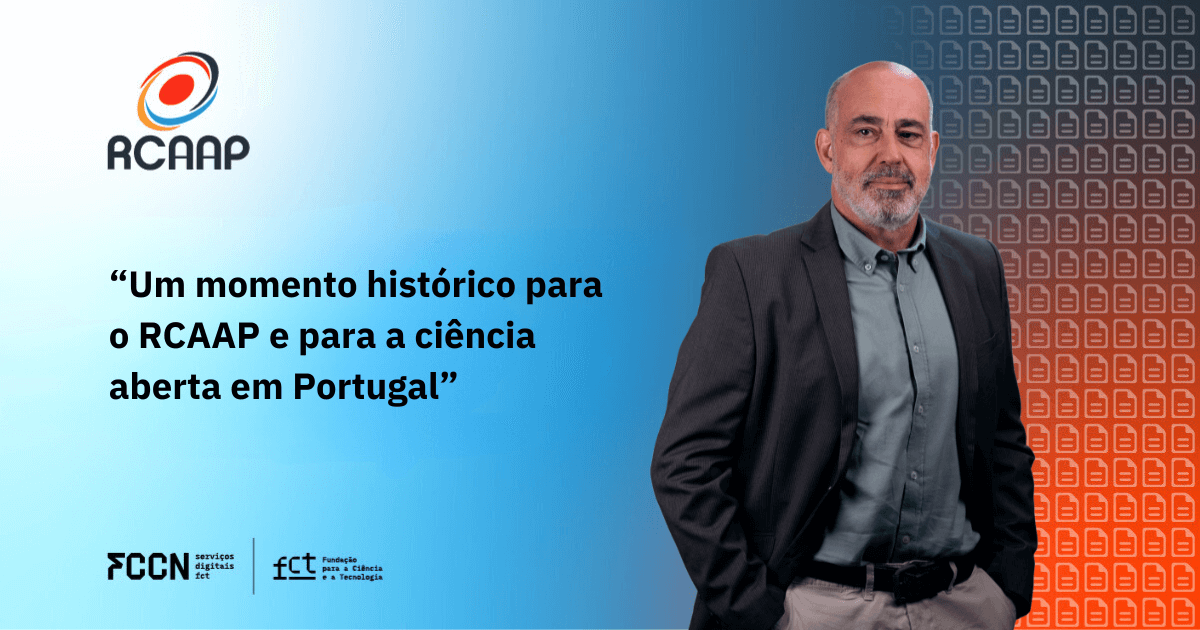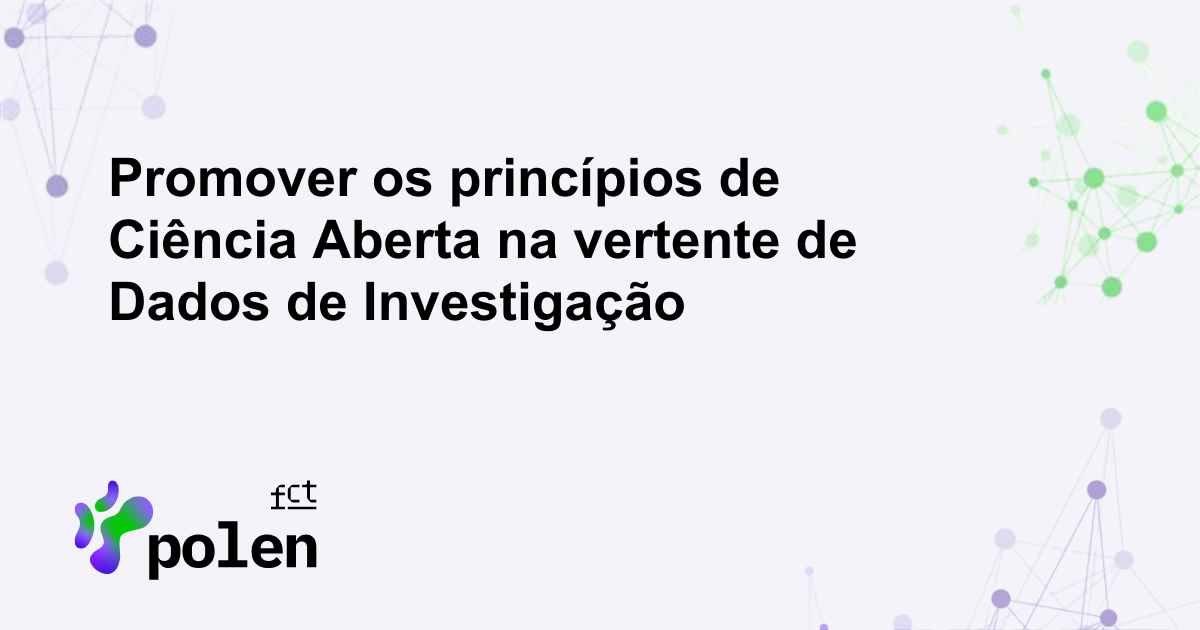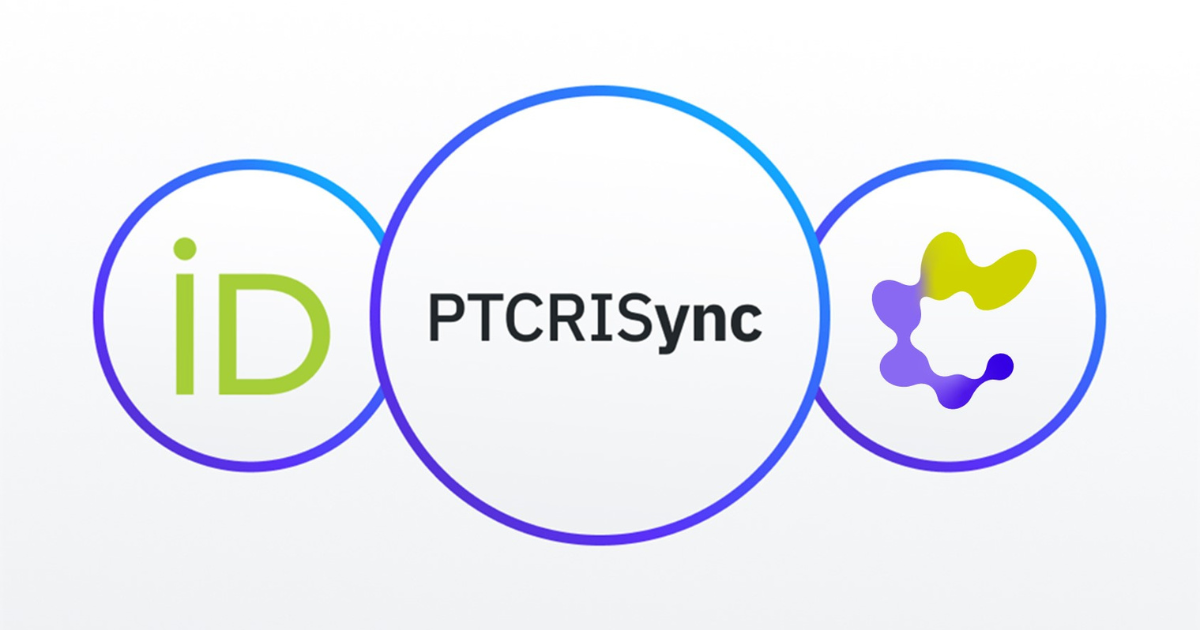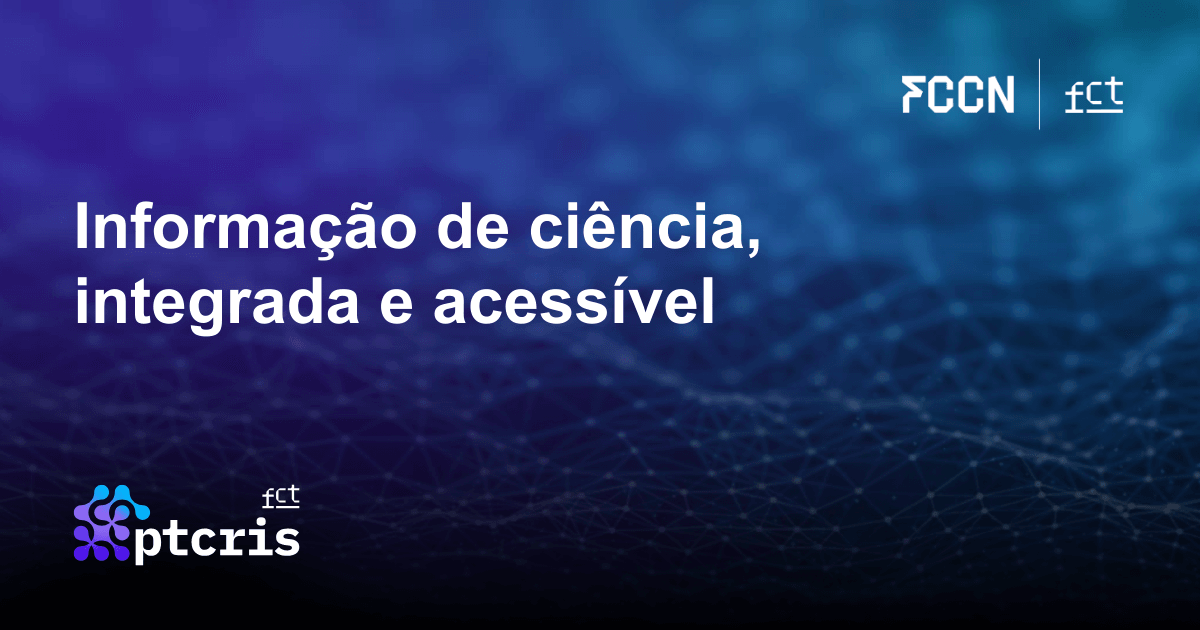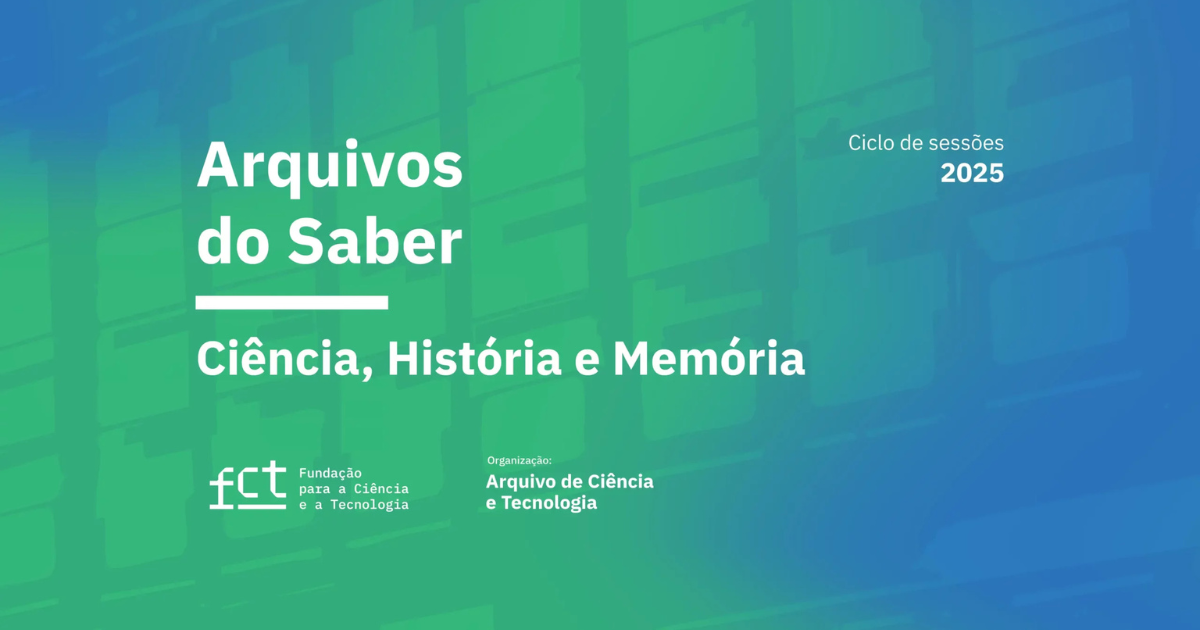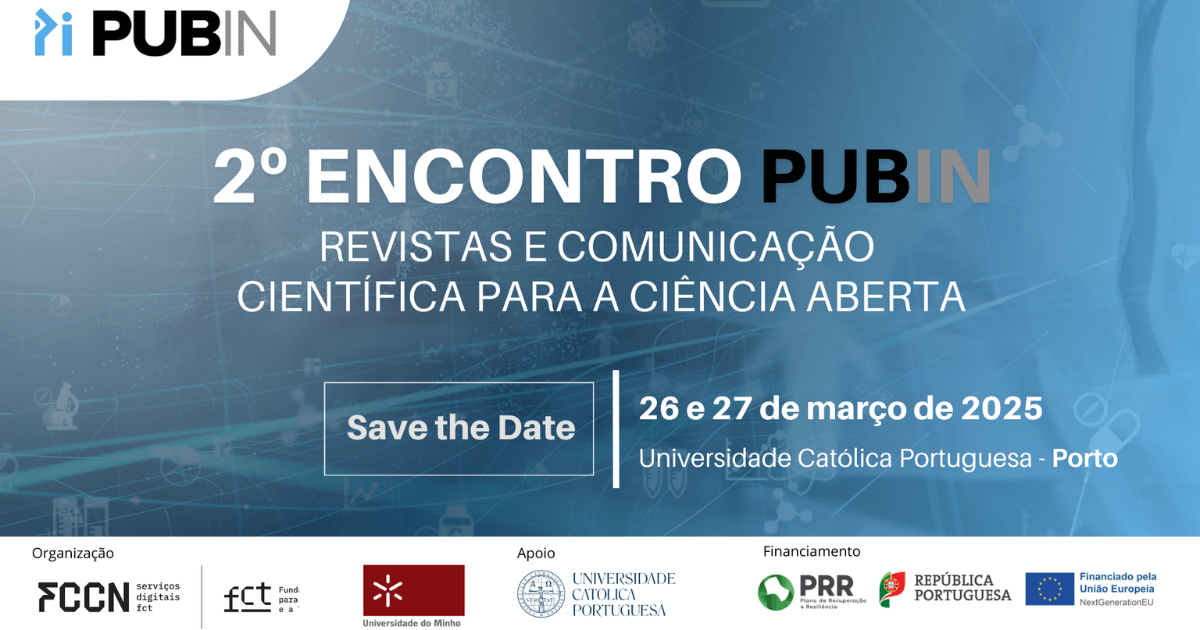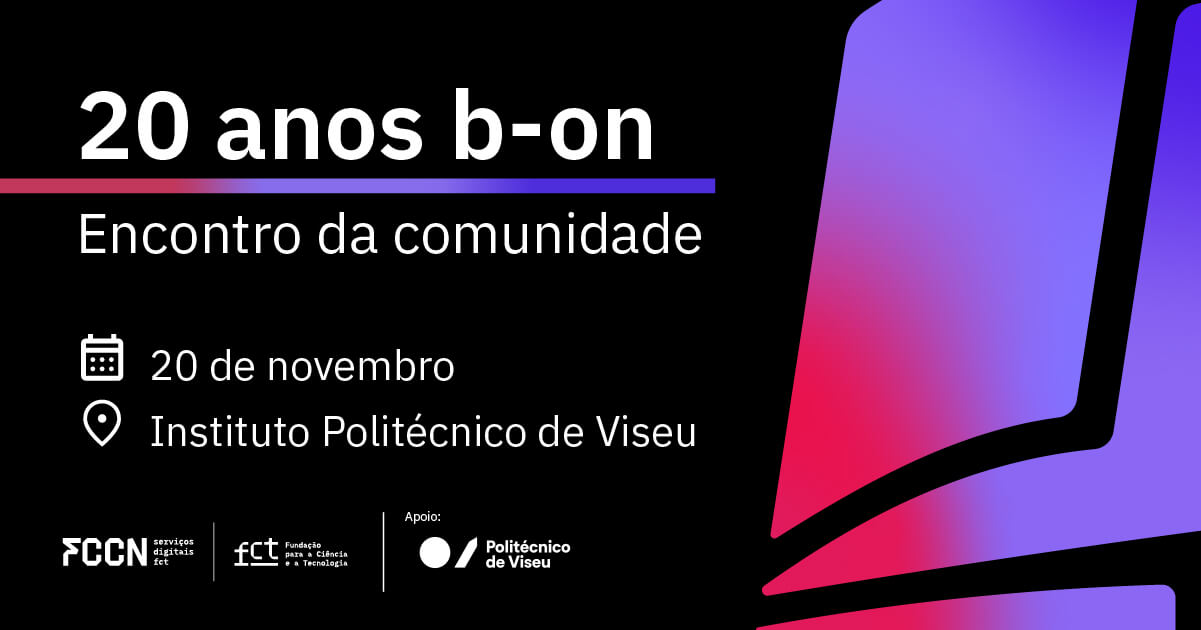The new model contract for funding implemented by the European Commission brings novelties regarding the rules of accessibility to scientific results. Find out which ones.
The new model grant agreement, implemented under Horizon Europe - the European Commission's programme that structures European research and innovation until 2027 - was published at the end of February. This document sets out the basic conditions for securing European funding.
It is recalled that Horizon Europe was presented by the European Commission as a programme where "the principles of Open Science will be the modus operandi", requiring the beneficiaries of European funding to provide open access to publications and data. Involving a total investment of 100 billion euros, the initiative includes several novelties, such as the implementation of the European Innovation Council.
The model agreement now presented, which defines the conditions for "Horizon Europe" funding, strengthens this reinforcement of Open Science by including a specific section dedicated to the topic. The agreement regulates, from the outset, the publication of research results in an open access regime, defining this as a mandatory step.
Thus, according to the model, in order to receive European funding, it will be necessary to ensure 'open access to peer-reviewed scientific publications with regard to their [research] results'. Specifically, beneficiaries must ensure that the published results are deposited in certified repositories, guaranteeing "immediate open access".
The new model also brings new features regarding the management of research data, detailing the need to comply with the FAIR principles. To this end, a data management plan must be established and information deposited in certified repositories. Eventually, if required in the call for funding, beneficiaries may be required to use repositories from the EOSC federation or that follow its requirements - something that contributes to strengthening European Open Science policies.
Finally, the new document foresees the possible integration of "additional practices" of Open Science in the calls for proposals. Beneficiaries could, for example, ensure access to data validating the findings of their scientific publications. Furthermore, the template also foresees the possibility of specific measures for sharing research results in case of public emergency.
